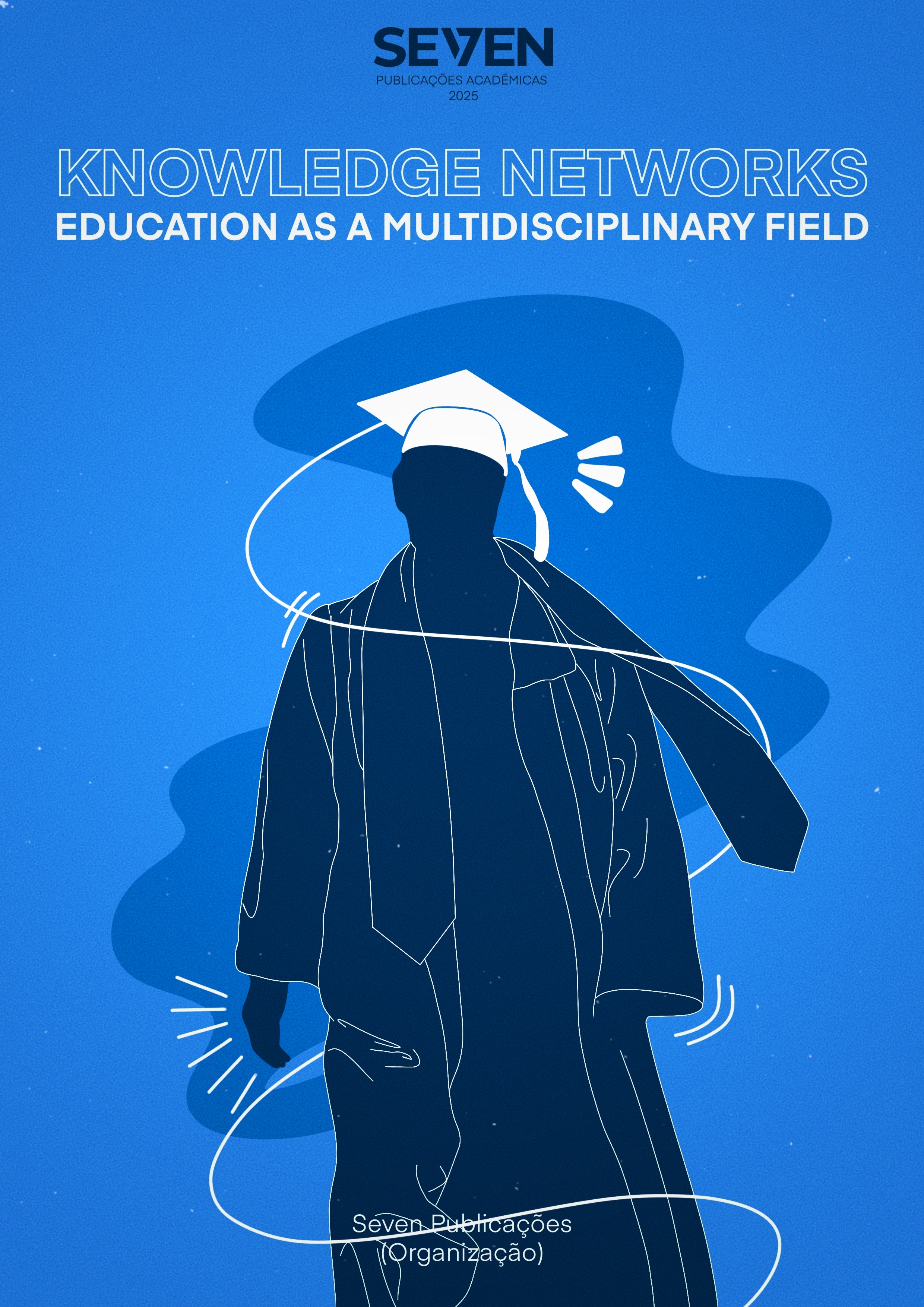SCHOOL SUCCESS AND FAILURE FROM THE PERSPECTIVE OF BOURDIEU AND LAHIRE: HOW SCHOOL AND FAMILY CAN DEFINE A CHILD'S COGNITIVE AND SOCIAL DEVELOPMENT
Keywords:
Education, School, Family, Culture, “Failure”, “Success”Abstract
“Success” and “failure” in school are broad and diverse fields of research, historically marked by extensive debates regarding educational challenges and perspectives. In this context, this study addresses the concept of cultural capital, as defined by Bourdieu (2014), which highlights how education tends to serve the interests of the dominant class. In contrast, Lahire (1997) emphasizes the relevance of family beliefs and practices in explaining school “success” or “failure,” noting that, regardless of families’ cultural, social, or economic capital, some children still achieve academic success. Linked to this concept is the notion of school culture, which, according to Julia (2001), extends beyond the social relationships established within the school environment and encompasses a set of norms, behaviors, and practices aimed at disseminating the dominant culture. Based on these theoretical frameworks, it is understood that the factors influencing school “success” or “failure” cannot be attributed to a single element but rather result from a complex network of determinants that span the child’s social, familial, and educational life.
Downloads
Published
Issue
Section
License
Copyright (c) 2025 Adriana Marques de S. Teixeira, Matheus Rodrigues dos Reis

This work is licensed under a Creative Commons Attribution-NonCommercial 4.0 International License.





